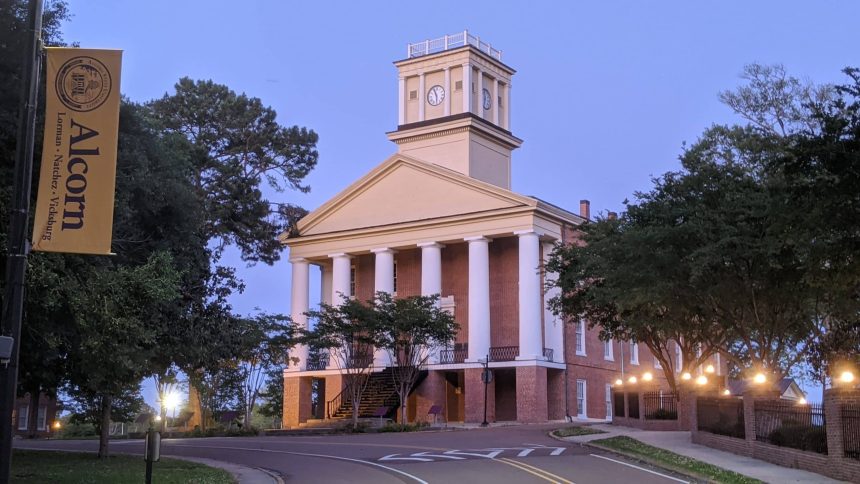Alcorn State’s School of Agriculture and Applied Sciences (SAAS) has been awarded a $1.5 million collaboration grant from the United States Department of Agriculture (USDA) to foster a diverse agricultural workforce.
As part of a collaborative grant with Tennessee State University, SAAS received the funds for the “From Learning to Leading: Cultivating the Next Generation of Diverse Food and Agriculture Professionals Program,” or NextGen.

“We are immensely proud of the work that our School of Agriculture and Applied Sciences continues to do to prepare our students for today’s agricultural workforce,” Dr. Ontario Wooden, interim president of Alcorn State, said. “Their work to advance equity and opportunity for disadvantaged populations is to be commended.”
The NextGen program, funded by the Inflation Reduction Act, is part of the USDA National Institute of Food and Agriculture’s $262.5 million investment in higher education institutions to develop future diverse agricultural professionals.
U.S. Secretary of Agriculture Tom Vilsack stated that the goal of the investment is to lower costs for American families, expand access to markets to producers from all backgrounds and communities, build a clean energy economy, and strengthen American supply chains.
NextGen will allow ASU students to apply for full tuition and fee scholarships, study abroad opportunities, internships, and summer bridge programs for students.
In addition, it will offer small farmers and ranchers training and course exchange with peer institutions.
The primary investigators for the grant are Dr. Dexter Wakefield, interim dean of SAAS and director of Land Grant Programs, and Dr. Chunquan Zhang, associate dean for research and director of the Experiment Station.
“Clearly, we serve a major responsibility to the purpose of Alcorn’s mission,” Wakefield said. “As the oldest land grant HBCU in the nation, we seek to enhance opportunities for underserved populations. This project will provide opportunities for many students to experience agriculture at its best through outreach and structured learning opportunities.”







